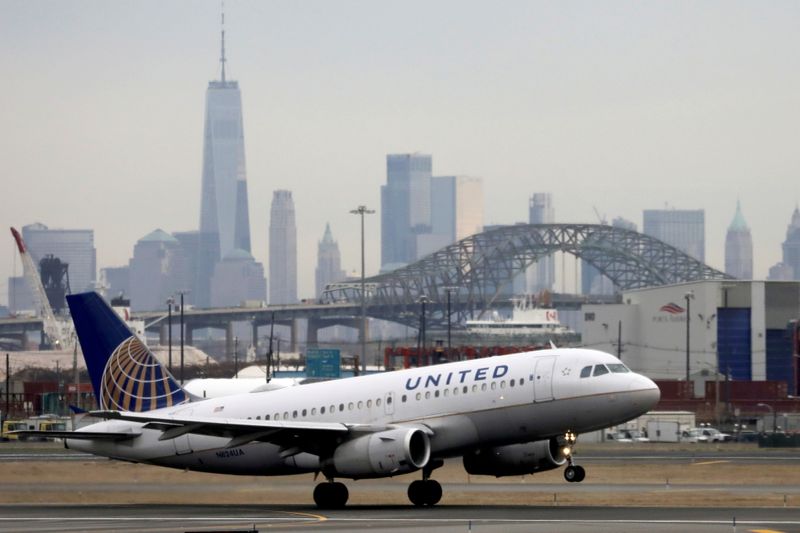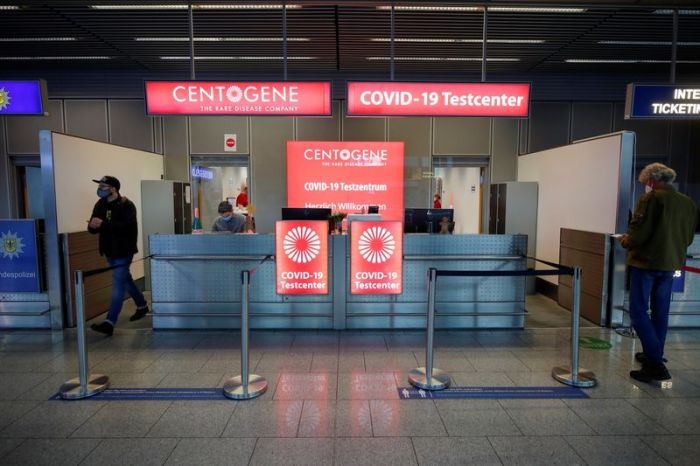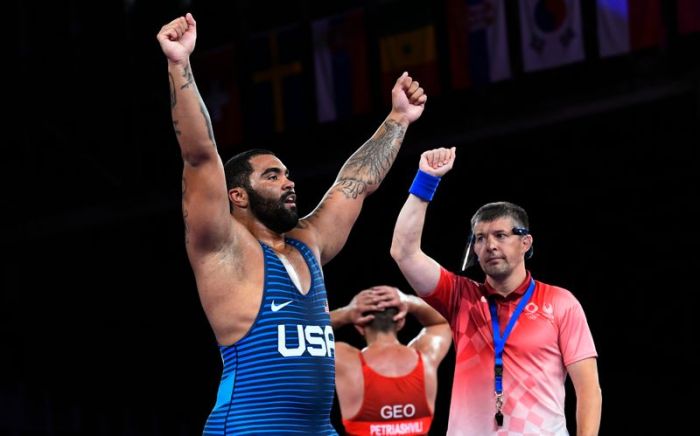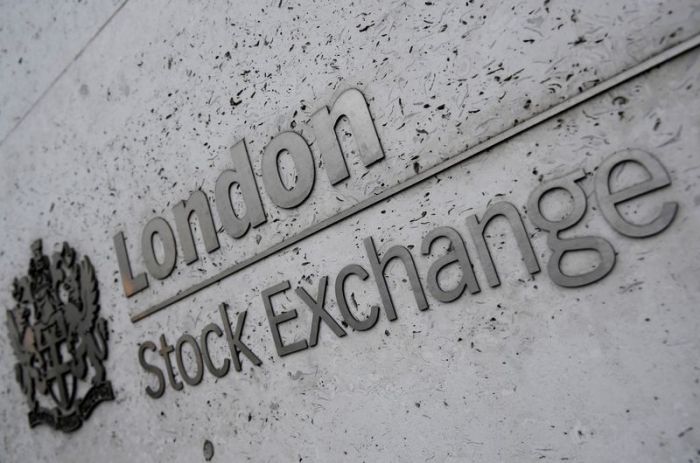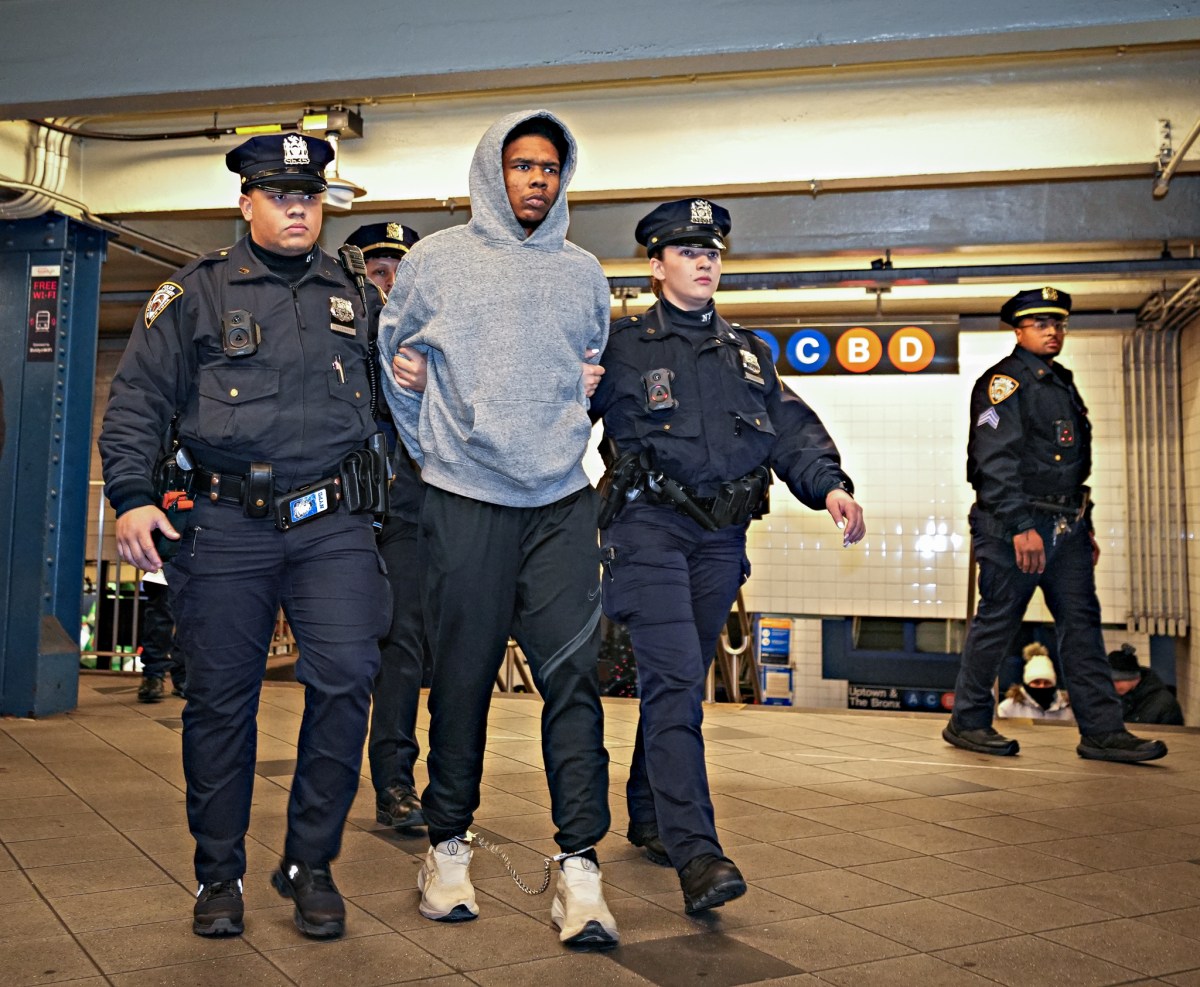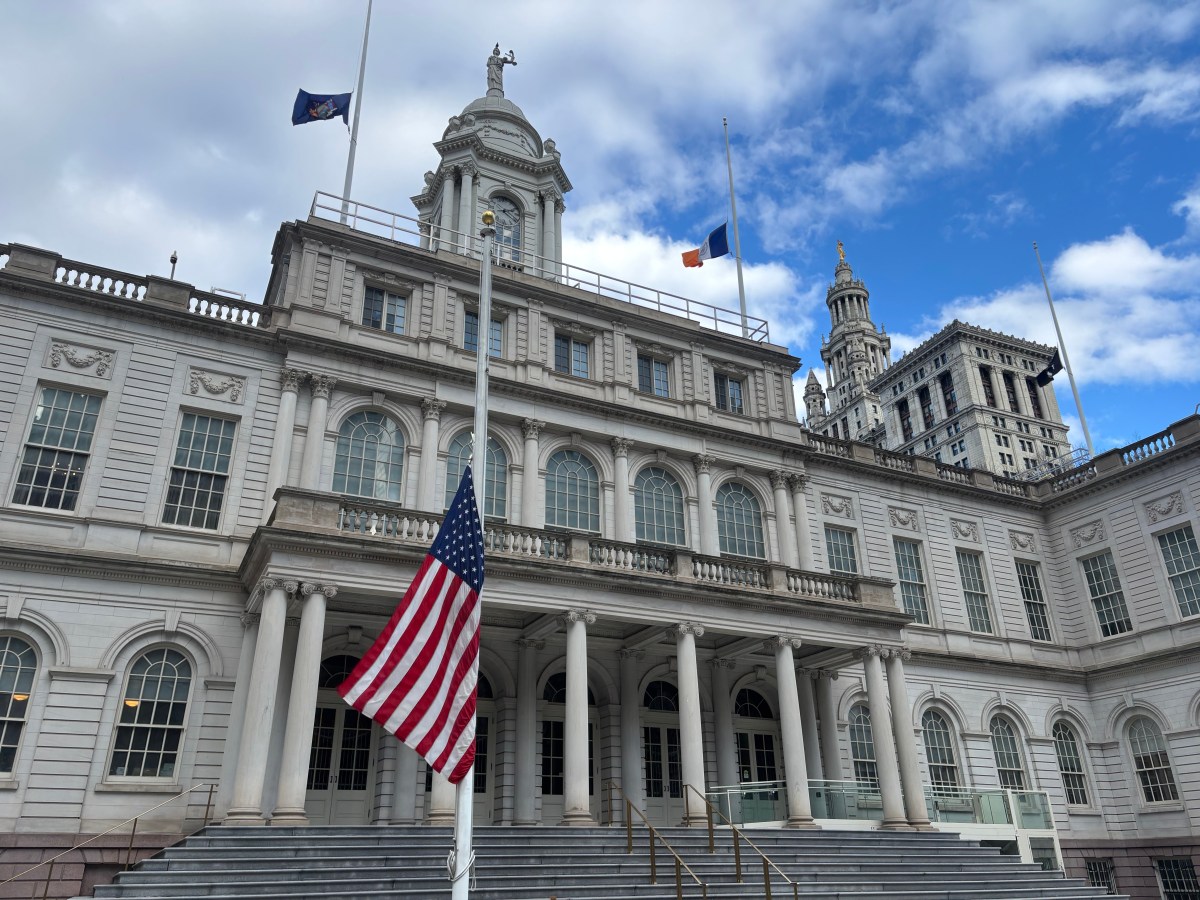By Allison Lampert and David Shepardson
(Reuters) -United Airlines Inc on Friday became the first U.S. airline to require COVID-19 vaccinations for all domestic employees, joining a swelling list of companies mandating jabs for workers as coronavirus cases rise.
Employers from Microsoft to Tyson Foods have mandated vaccines, recent moves that experts said were legal but could raise labor tensions in unionized workplaces.
On Friday evening, Frontier Airlines said all direct employees would need to be fully vaccinated against COVID-19 by Oct. 1, 2021 or provide proof of a negative COVID-19 test on a regular basis.
Earlier in the day, United, the No. 3 U.S. carrier by revenues in 2019 according to government data, said its 67,000 U.S. employees would need to show proof of inoculation for a vaccine fully approved by the U.S. Food and Drug Administration (FDA).
Such approval is expected this fall..
“The facts are crystal clear: Everyone is safer when everyone is vaccinated,” United Chief Executive Officer Scott Kirby and President Brett Hart said in a letter to employees.
Kirby and Hart said they expected some employees would disagree with the decision, although 90% of the carrier’s pilots and 80% of flight attendants are already vaccinated.
Eric Feldman, a professor at the University of Pennsylvania Carey Law School, said mandates like the one United announced are on “strong legal footing.”
The mandate comes as concerns over the variant reverberate through the U.S. airline industry, which is rebounding from a slowdown in travel last year due to the virus.
On Thursday, Frontier lowered its third-quarter forecast and warned the Delta variant was hurting demand.
Health officials have called for reinstating indoor mask mandates for most vaccinated Americans and some companies are delaying return-to-office timetables.
Unions from several industries, including ones representing pilots from American Airlines Group and United, want any vaccine mandate to be worked out through collective bargaining.
Paul Clark, a professor of labor and employment relations at Penn State, said he believes unions want to avoid any precedent of employers taking decisions alone on working conditions.
“If you allow an employer to make a unilateral decision in this area it erodes their bargaining rights,” Clark said. “What are they going to make a unilateral decision about next time?”
The Association of Flight Attendants, the union representing United flight attendants, backed the move.
“There is now too much at risk to not ensure the safety and well-being of United Flight Attendants,” the union said in a statement.
United, like rival Delta Air Lines, was already requiring the vaccine for new employees and had encouraged current employees to voluntarily take the vaccine through incentives like bonuses or vacation time.
Some other major industries like U.S. automakers have reinstated mask requirements but declined to mandate vaccines for employees.
(Reporting by Abhijith Ganapavaram in Bengaluru, Tracy Rucinski in Chicago, David Shepardson in Washington and Allison Lampert in Montreal; editing by Shailesh Kuber, David Holmes, Jonathan Oatis and David Gregorio)

